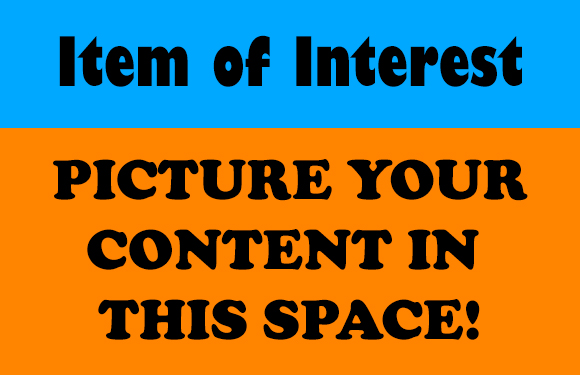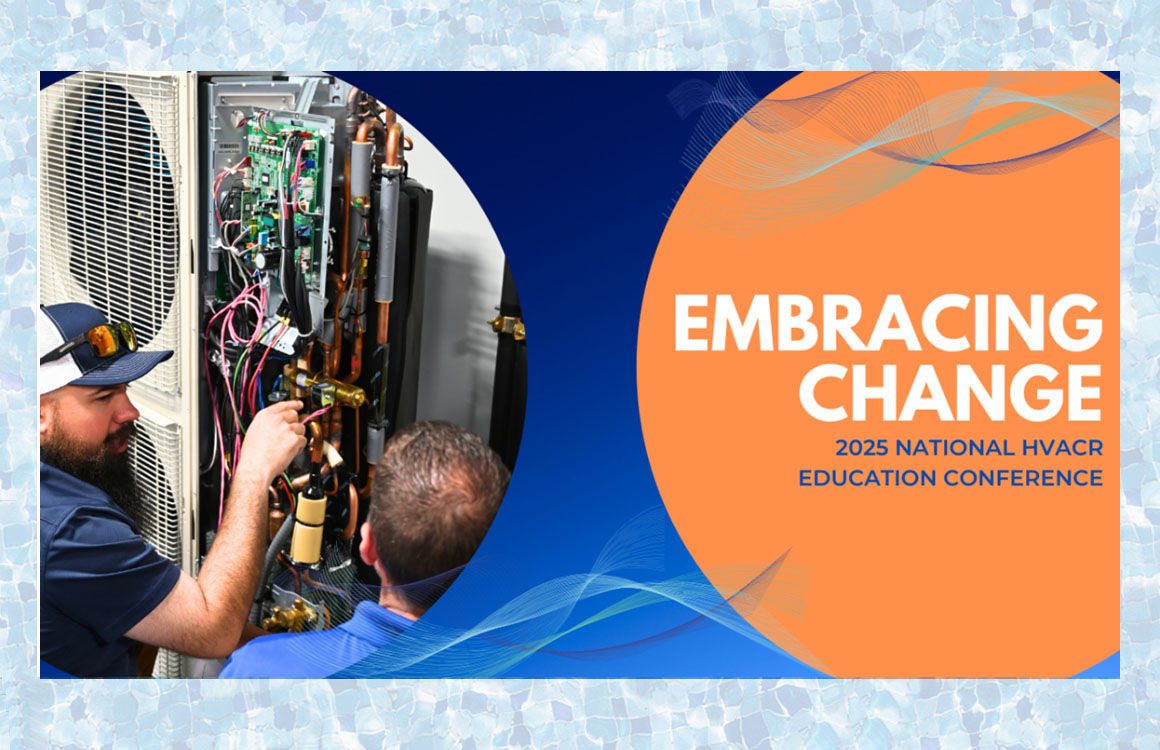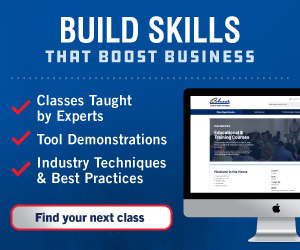
Guest Contributor, Items of Interest
Trade Schools Are Falling Behind: How to Prepare the Next Generation for a Tech-Driven Construction Industry

By Duncan Grazier, CTO, BuildOps
The construction industry is undergoing a seismic shift. Powered by artificial intelligence (AI), mobile platforms, and cutting-edge technology, construction is no longer just about bricks and mortar—it’s about data, automation, and innovation. But as we move toward this tech-driven future, a critical question arises: Are trade schools equipped to prepare the next generation?
The Growing Skills Gap
Trade schools have long been the backbone of skilled labor, providing hands-on expertise in fields like plumbing, electrical work, and HVAC. However, the rapid pace of technological advancement is exposing a widening skills gap. A 2024 report by the Associated General Contractors of America (AGC) found that 94% of construction firms struggle to find qualified workers, citing a lack of skills in technology and digital tools.
A 2024 survey by Cengage Group found that 55% of recent graduates felt unprepared to use technologies like AI, Building Information Modeling (BIM), and cloud-based platforms. This is alarming, especially with the construction technology market projected to grow to $23 billion by 2033, according to Future Market Insights.
The Technological Revolution in Construction
Mastering a trade today goes beyond traditional tools. Workers now operate drones for site inspections, use AI-driven software for project management, and collaborate through cloud-based platforms. An AEC industry survey shows that AI-powered design tools have improved project planning efficiency by 20%, AI-driven risk prediction reduced overruns by 15%, and AI-powered site monitoring decreased safety incidents by 32%.
Yet, many workers are ill-equipped to leverage these tools, creating a divide between those embracing new technology and those left behind—impacting productivity, safety, and career advancement.
The Opportunity for Trade Schools
This technological shift isn’t just a challenge—it’s an opportunity. While many university graduates face student loan debt and uncertain job prospects, trade school graduates can enter the workforce quickly and with less financial burden. The U.S. Bureau of Labor Statistics reports that in-demand trades like HVAC, electrical, and plumbing offer competitive wages, with median salaries ranging from $57,300 to over $61,590, and top earners making more than $100,000.
The “Tool Belt Generation” is realizing that trades offer not only job security but also tech-powered opportunities. In an industry where advanced tools and AI systems are becoming the norm, these same trade schools can attract students eager to engage with technology.
Bridging the Gap: What Trade Schools Can Do
To meet the demands of a modern construction industry, trade schools must evolve. Here’s how:
1. Curriculum Overhaul
Trade schools need to integrate technology training into core programs. This includes teaching students how to use AI-powered project management tools, building information modeling software, and mobile apps. Companies using these tools report a 15-20% reduction in project duration.
2. Industry Partnerships
Partnering with tech companies and construction firms can give schools access to the latest tools and expertise. For example, Autodesk offers students free access to industry-standard software like AutoCAD and Revit, giving them an edge in the workforce.
3. Invest in Training Facilities
Establishing tech labs equipped with modern construction technology allows students to practice in a controlled environment. Funding can come from industry grants, government programs, or private investments. The Department of Labor’s Apprenticeship Grants support initiatives to modernize facilities.
4. Apprenticeships and Internships
Real-world experience is invaluable. Schools should expand apprenticeships with companies leading in construction technology. This benefits students and helps companies build a pipeline of skilled workers. The National Apprenticeship Act of 2021 aims to expand registered programs, highlighting federal support.
A Collaborative Effort
Responsibility doesn’t rest solely on trade schools. Tech companies and construction firms must also contribute to workforce development. By offering training programs, sponsoring educational initiatives, and participating in curriculum development, industry leaders can ensure the next generation is ready.
For example, Trimble recently opened technology labs at The Ohio State University, providing students hands-on experience with construction technologies like machine guidance, 3D scanning, and BIM software. These labs prepare over 1,000 students annually for careers in construction management, bridging the gap between education and advanced technology.
Closing the Skills Gap Starts Now
The future of construction isn’t just about stronger buildings or faster projects—it’s about smarter, tech-driven solutions. The current skills gap threatens progress, but the solution is clear: trade schools must embrace the technological revolution. By aligning education with industry advancements, we can bridge this gap and position the next generation to lead the future of construction.
Duncan Grazier is the Chief Technology Officer at BuildOps, bringing deep expertise in AI, machine learning, and system optimization. With a proven track record of scaling engineering teams and driving innovation, he leads the development of next-generation tools that transform the commercial contracting industry.
2118 Wilshire Boulevard, Suite 975
Santa Monica, CA 90404
(213) 493-5512










